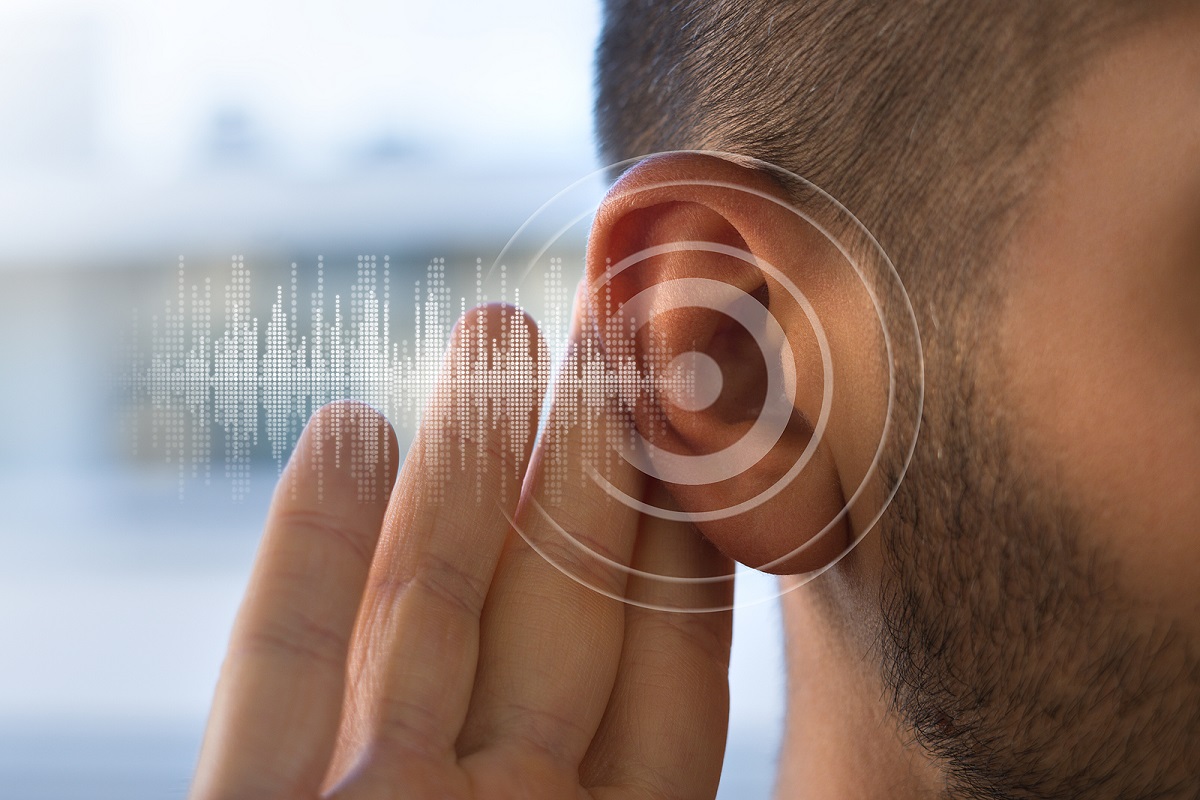- Are Cochlear Implants Worth It? - June 6, 2025
- Tips for Using Hearing Aids in Different Environments - May 27, 2025
- Rechargeable Hearing Aids vs. Battery-operated Hearing Aids - May 16, 2025
Common public emergencies in the US include natural disasters such as hurricanes, tornadoes, floods, earthquakes, and wildfires. Other types of emergencies include man-made incidents such as terrorist attacks, industrial accidents, and power outages.
Public emergencies can have a significant impact on the economy and individuals. The economic cost of natural disasters in the US can be staggering, with the total cost of damages from natural disasters reaching hundreds of billions of dollars in recent years. For example, the total cost of damages from Hurricane Katrina in 2005 was estimated to be over $160 billion, while the total cost of damages from Hurricane Harvey in 2017 was estimated to be over $125 billion.
In addition to the economic costs, public emergencies can also have a significant impact on individuals. Disasters can cause loss of life and injuries, displacement from homes, and damage to personal property. The mental and emotional toll of these events can also be significant, with many individuals experiencing trauma, anxiety, and depression in the aftermath of a disaster.
It’s important to be prepared for emergency situations, having an emergency plan and an emergency kit can be helpful in case of an emergency.
It’s especially important for those with a condition like hearing loss. Here’s how you can prepare to stay safe during emergency situations.
Consult public resources
The Centers for Disease Control and Prevention (CDC) provides important information on its website regarding emergency preparedness plans. This includes guidance on creating emergency kits, identifying potential hazards in your area, and creating an emergency plan for you and your family.
Additionally, the American Red Cross offers suggestions on what should be included in an emergency kit, such as non-perishable food, water, a first aid kit, and important documents. By having these resources and being prepared, individuals and families can increase their chances of staying safe during an emergency situation.
Communication
In addition to maintaining and having access to communication devices, it is important to plan for communication without your hearing aid(s) or cochlear implant, should it become necessary. This can include storing pens/pencils and paper or small notebooks with your emergency supplies, carrying and laminating personal communication boards and/or communication cards with pre-printed messages such as “I use American Sign Language (ASL). I need an ASL interpreter,” “If you make announcements, please write them down for me and hand them to me. I cannot hear them,” or “I am allergic to __________.” It is also important to include Braille Communication Cards if you are deaf-blind.
Maintain communication
Maintaining and having access to effective communication is critical during times of crises. It is important to plan for clear communication with emergency personnel and your support network. In order to stay informed, it is recommended to stay current on the latest information regarding the disaster by watching news that is captioned or provides sign language interpreters, notification alerts, the internet, or other types of communication systems that may be available to you.
Find a way to store your devices
When not in use, it is important to always store your hearing aid(s) or cochlear implant devices in the same, familiar location. This way, you will be able to find them when you need them during or after an emergency. Additional tips for storing these devices include attaching the container for the hearing aid or cochlear implant device(s) to the nightstand or bed frame with Velcro, considering how you will replace the devices if damaged or lost, storing an extra hearing aid or behind-the-ear cochlear implant device with your emergency supplies, carrying a back-up battery wherever you go, and keeping extra flashlights and batteries.
Batteries
It is important to keep an extra supply of batteries on hand and in your emergency kit for your hearing aid or cochlear implant. Rotate them regularly. Additionally, maintain TTY batteries according to the manufacturer’s operating manual and have a back-up charger for your mobile phone, laptop, and other communication devices.
Smoke Alarms and Carbon Monoxide Devices
To ensure safety during an emergency, it is recommended to install both audible and visual smoke alarms and carbon monoxide devices. Additionally, check batteries monthly and change them every 6 months or at least once a year.
It’s important to be prepared for public emergencies, and having an emergency plan in place as well as an emergency kit can be helpful in case of an emergency. It is also important to take care of your hearing health, regular hearing tests can help detect any issues early on and ensure that you have the proper devices, such as hearing aids or cochlear implants, to help you communicate effectively during an emergency. If you haven’t had a hearing test in a while, we encourage you to visit our clinic for a regular hearing test.

